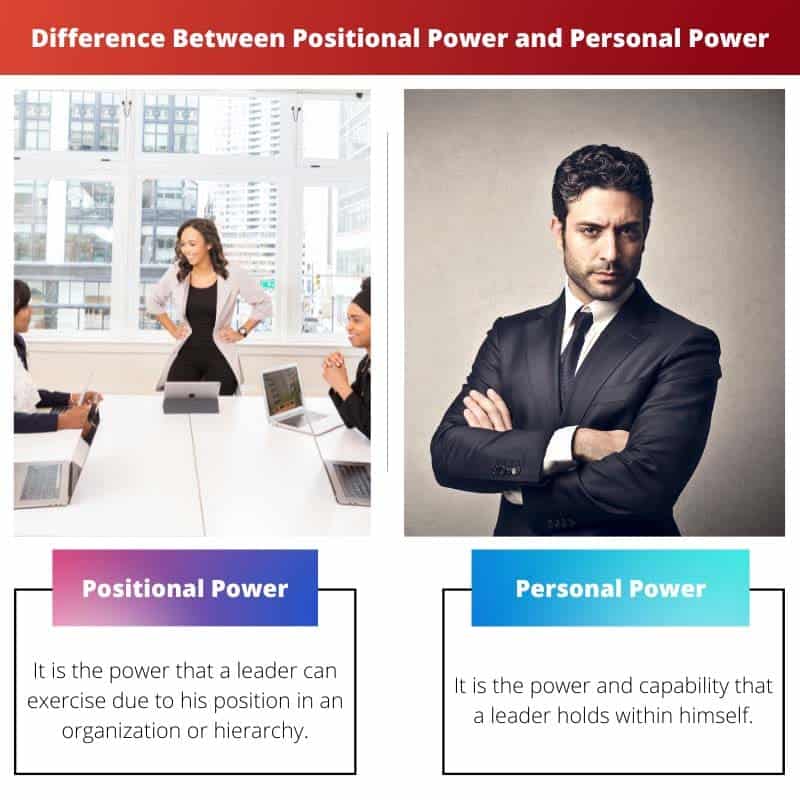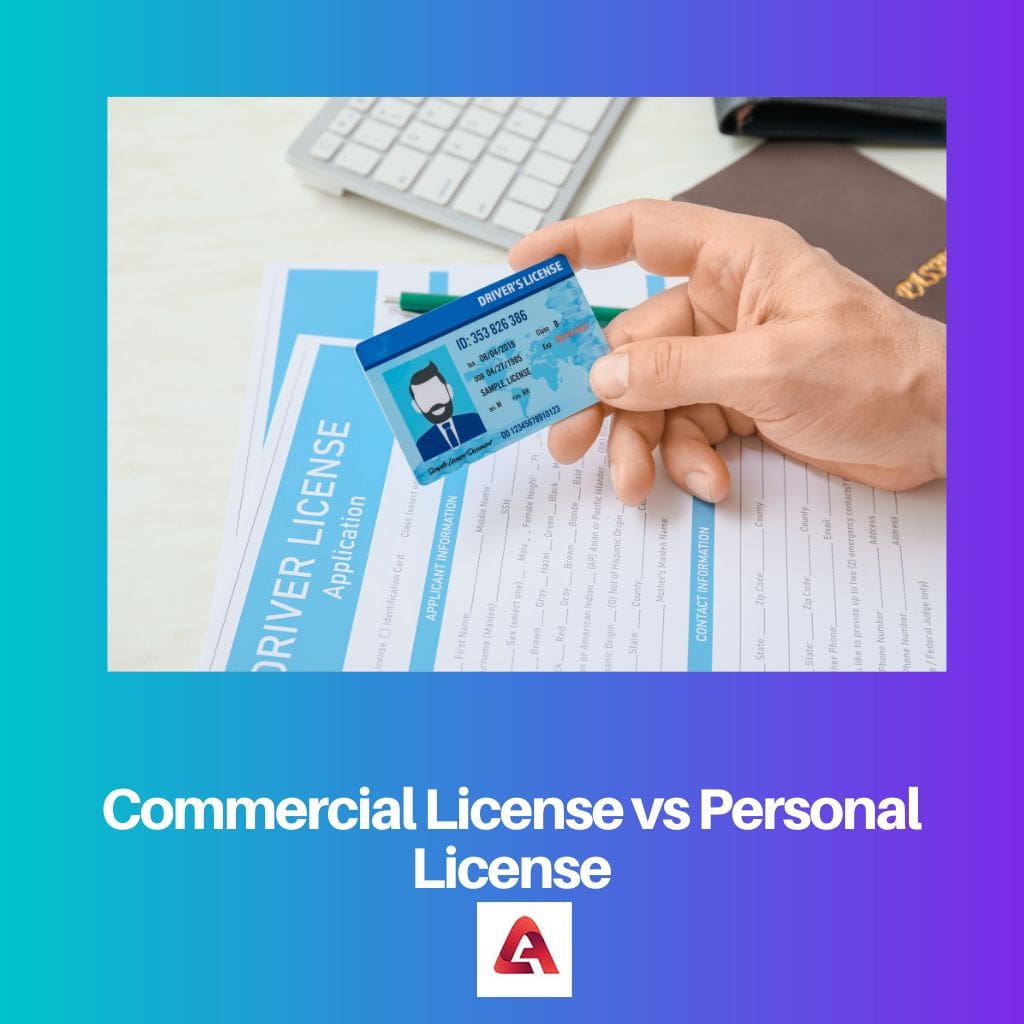Power dynamics is an important aspect when it comes to team leadership or any kind of leadership for that matter. A leader is always expected to hold and display power with responsibility.
It allows him to influence subordinates so that they work in a better manner. Furthermore, positional power and personal power are two kinds of powers that have several differences between them.
Key Takeaways
- Positional power stems from an individual’s role or title within an organization, while personal power arises from personal attributes and relationships.
- Leaders with positional power rely on authority and formal structures, while those with personal power utilize influence, charisma, and trust.
- Effective leadership combines both types of power, recognizing that personal power can be more sustainable and empowering than positional power alone.
Positional Power vs Personal Power
Positional power is the power that comes with an individual’s position. Personal power, instead, refers to the power that comes from an individual’s personal qualities and abilities. While positional power is associated with formal authority, personal power is based on respect and influence.

Since positional power majorly depends on the authoritative position of the leader, it is given to him by others. This means that his authority to influence and guide subordinates is given to him either by a senior or the subordinates themselves.
Its main aim is to get tasks done and ensure that everyone is working for the betterment of the organization.
Meanwhile, personal power cannot be given to a leader by others. It is more about the capabilities and abilities that a leader already holds within himself, that allow him to further exercise positional power.
Unlike the former, its aim is to form meaningful relationships and gain the trust of the subordinates.
Comparison Table
| Parameters of Comparison | Positional Power | Personal Power |
|---|---|---|
| Meaning | It is the power that a leader can exercise due to his position in an organization or hierarchy. | It is the power and capability that a leader holds within himself. |
| Authority | It can only be exercised if the leader has authority. | It can be exercised regardless of whether the leader has any authority or not. |
| Entrusting | It is given to the leaders by others. | It is not given, rather the leader already has it. |
| Aim | Its aim is to get tasks done within deadlines. | Its aim is to form meaningful relationships and gain trust. |
| Nature | It is formal. | It may be formal or informal. |
| Connotation | It has a negative connotation. | It tends to have a positive connotation. |
| Skills | It does not require many social skills and is somewhat impersonal. | It requires a lot of social and personal skills. |
What is Positional Power?
Positional power is one of the most recognized and important types of power in an organization or hierarchal structure. It is the power that an authoritative figure or senior holds over his subordinates.
This comes primarily from the position that he holds and had a very formal nature.
It involves the ability of a leader to influence subordinates so that they work for the benefit of the organization. This is used to get tasks done in an effective and efficient manner, that too within the given deadlines.
For this, many leaders find it unnecessary to have exceedingly pleasant social skills. Since the dynamics are very impersonal and only focus on getting work done, positional power doesn’t have to be ‘friendly’ or ‘nice’.
Due to this, it has gained a negative connotation over time. However, it is still one of the most necessary aspects of an organization.
An example of positional power being exercised is when a manager asks his subordinates to complete certain tasks. In such a case, the manager can only exercise power because of his position of authority.
Moreover, this authority is vested to him by others, while subordinates agree to follow him. There is no space for personal relationships in such a setting.
What is Personal Power?
Personal power does not necessarily have to be formal. In most cases, it has an informal nature.
It involves the ability and capability of a leader to influence others with or without having an authoritative position. Such power is backed up by pleasant social skills and is very personal in nature.
The aim of exercising personal power is to form meaningful relationships and gain the trust of others. Further, this can be used as a tool to influence them so that certain goals can be reached.
However, a noteworthy point is that such a power cannot be ‘given’ to someone. Rather, it needs to be worked upon by the leader himself.
Since a lot of social and personal skills are involved, personal power has a very positive connotation. It is more about winning the hearts of people rather than getting them to do tasks.
Due to this, it can be hard to exercise it since the leader does not necessarily have a position of authority.
An example of personal power is when an employee is rewarded by the employer for completing a certain task. This includes acknowledgment of excellence and praise from others.
It motivates the employee in question as well as others to work better. However, it is not compulsory to do such a thing.

Main Differences Between Positional Power and Personal Power
- Positional power is the power that a leader can exercise due to his position in an organization or hierarchy whereas personal power is the power and capability that a leader holds within himself.
- Positional power can only be exercised if the leader has authority whereas personal power can be exercised regardless of whether the leader has any authority or not.
- Positional power is given to the leaders by others whereas personal power is not given, rather the leader already has it.
- The aim of positional power is to get tasks done within deadlines whereas the aim of personal power is to form meaningful relationships and gain trust.
- Positional power is formal whereas personal power may be formal or informal.
- Positional power has a negative connotation whereas personal power tends to have a positive connotation.
- Positional power does not require many social skills and is somewhat impersonal whereas personal power requires a lot of social and personal skills.






